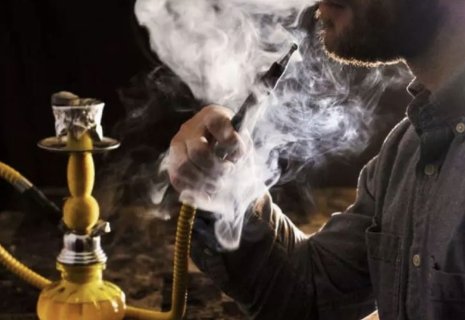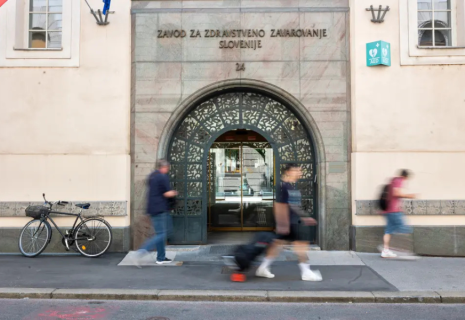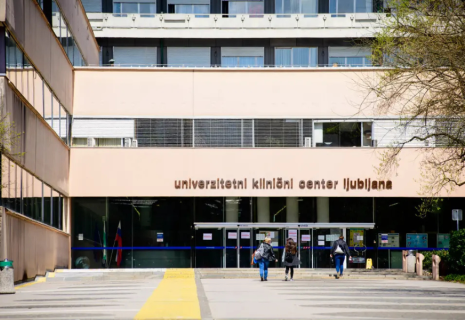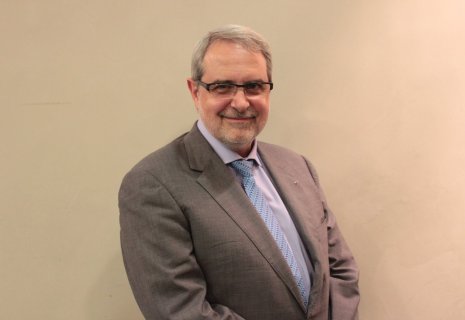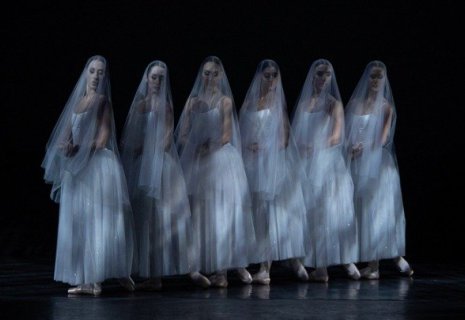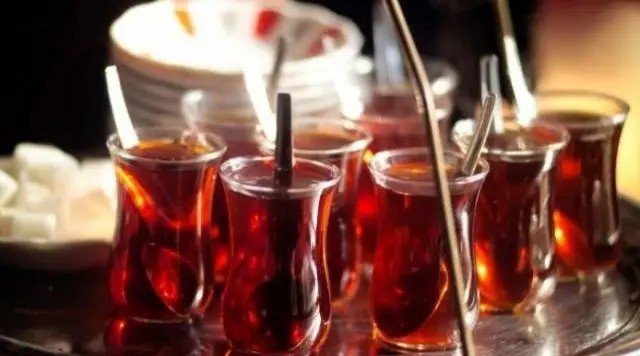
Kosovo’s “Tea Capital” Battles Rise of Espresso Generation
Dawn has just broken when workers, still heavy-eyed with sleep, open the door of one of the many teahouses in Vushtrri — the self-declared "tea capital" of the Balkans, CE Report quotes Kosova Press.
But this tradition is now under "siege" from a new generation of espresso and macchiato lovers.
Located beneath the minaret of a mosque, the teahouse serves a chain of "Russian teas" — a very strong black tea, slowly brewed in two stacked kettles, and served in tulip-shaped glasses.
“We open right after 4:00 a.m. to be ready for the workers who come before their shifts,” explains Nebih Gerxhaliu, standing outside his teahouse, according to AFP.
Inside, tea is consumed like in Turkey — sweetened, or with a slice of lemon.
When did this all begin?
No one can precisely date tea’s arrival in Kosovo — whether it came during the Ottoman or Russian occupation.
Still, the passion for tea remains untouched: in Vushtrri, there’s one teahouse for every 1,000 residents.
“You can't be from Vushtrri and not love tea,” Gerxhaliu sums it up.
– The Macchiato Generation –
Just 30 kilometers away, in Prishtina, coffee reigns supreme — and proudly claims to be among the best in the world.
“Our macchiato is truly the best,” says Fisnik Mexhuani, who serves it at a patisserie named “Matisse.”
With its shiny Italian espresso machine, Matisse is one of dozens of cafés that serve macchiatos all day — espresso topped with a small layer of milk foam.
Turkish coffee arrived in Kosovo long ago, but since the war of independence (1998–1999), Western-style cafés have rapidly spread.
Conflict and the subsequent peacekeeping era brought in foreign soldiers, diplomats, and aid workers — all with their own preferred beverage: coffee.
Little by little, Kosovo's younger generations have been drawn in, and are now more likely to order a macchiato than a tea.
“There’s a generational shift happening,” notes the owner of Matisse.
“The older generation, who were more into tea, are fading out. Now, younger customers drink less and less tea.”
As a result, only two teahouses remain in downtown Prishtina. The others have moved to the suburbs.
– A Comeback? –
Some cafés are trying to capitalize on a tea revival — like “Trosha,” an increasingly popular chain.
Its owner, Arben Avdiu, hopes to successfully blend the old and the new.
“Trosha is a place where these two cultures merge today,” he explains, envisioning a future where tea and coffee coexist.
But among the tea purists of Vushtrri, there's no chance of seeing an espresso cup.
“If I were offered 100 coffees, I wouldn’t drink a single one,” smiles Burhan Çollaku, a retiree, enjoying one of his 10 to 15 daily teas.
For Nesim Ispahiu, a poet and photographer known for capturing the culture of the teahouse, Vushtrri will always be the "capital of tea."
“If you visit and don’t drink tea, it’s as if you never came at all,” says the 90-year-old.

